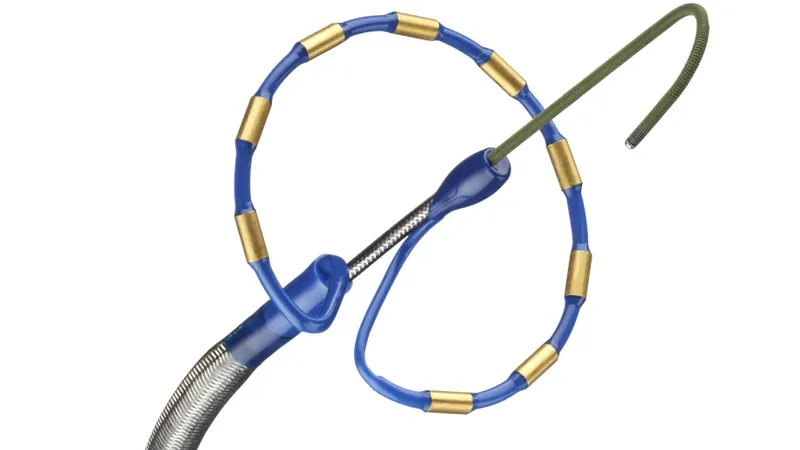Truist analyst Richard Newitter said feedback from the Heart Rhythm Society conference suggested that between 50 and 70 per cent of doctors could adopt the procedure “immediately”.
Pulsed field ablation (PFA), a catheter-based cardiac ablation technique for the treatment of atrial fibrillation (AFib), was the main topic of the Boston meeting.
Analysts attending the Heart Rhythm Society’s (HRS) annual conference at the weekend said doctors’ enthusiasm for the new pulsed-field ablation system suggests the treatment will be rapidly adopted, which favours device makers bringing products to market.
Data and discussion about pulsed field ablation (PFA) is almost overwhelming, and physicians are providing up-to-date data presentations,” said Joanne Wuensch, a research analyst at Citi, in a report to clients on Sunday.
The analyst predicted that Boston Scientific will have the biggest first-mover advantage in the US PFA market, with Medtronic “soon to follow”.
Boston Scientific received US Food and Drug Administration (FDA) approval for its Farapulse PFA device in January, while Medtronic received US approval for its PulseSelect system in December. Johnson & Johnson recently submitted an application to the FDA for its Varipulse platform, and Abbott is also developing a device called Volt.
PFA is seen as a safer alternative to traditional radiofrequency and cryoablation for the treatment of AFib, the most common form of arrhythmia. Shorter run times are seen as another advantage.
The latest research data from Johnson & Johnson and Medtronic on the PFA device, as well as some of the analyses from Boston Scientific’s Advent trial, largely validate the safety and efficacy of the procedure, Richard Newitter, an analyst at Truist Securities, said in a report on Monday.
Feedback from electrophysiologists suggests that the adoption curve is very steep “at first,” with an estimated 50 to 70 percent of physicians initially converting cases to surgical treatment, Newitter said.
“[U.S.] physicians were initially very interested in PFA,” Newitter wrote, adding that PFA use is rising dramatically.
Antiarrhythmic drugs are currently recommended as the treatment of choice for AFib, but can cause adverse events, according to HRS.PFA differs from thermal ablation, which uses electricity rather than heat or extreme cold to disable heart cells.
HRS said, “Recent technological advances, such as catheter design and energy delivery, could pave the way for wider adoption of PFA in clinical practice to improve patient outcomes.”
Stifel analyst Rick Wise said the promise of safer, faster procedures with PFA was reiterated several times during the HRS meeting.
Stifel analyst Rick Wise said the promise of safer, faster procedures with PFA was reiterated several times during the HRS meeting.
“At HRS, comments from physicians and companies alike clearly indicate that the adoption of pulsed field ablation (PFA) has been faster than expected,” Wise said in a letter to customers Sunday.
